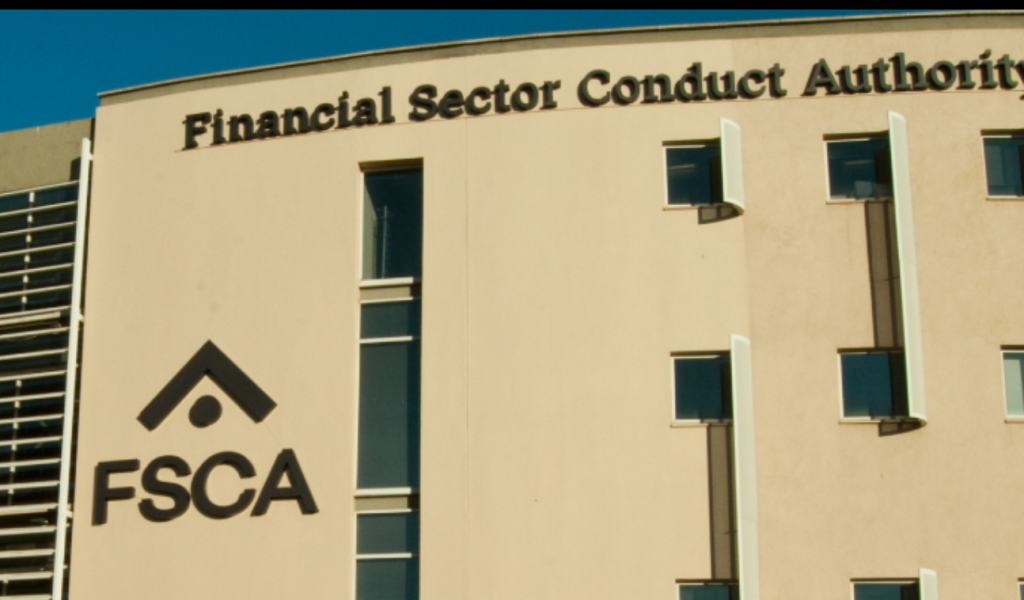- The FSCA and the BEE Commission signed a MoU to facilitate withholding licenses and prosecuting financial services providers operating below future stipulated BEE thresholds.
- Currently, such enforcement by the FSCA or BEE Commission would be unlawful, which is why they are eager to have the Conduct of Financial Institutions Bill (COFI, currently before Parliament) passed.
- Sakeliga is opposing COFI. Industry steadfastness and support is required to prevent BEE-licensing from harming the public and the industry.
An MoU signed between the FSCA and the BEE Commission this week indicates escalating risk of BEE demands in the financial services industry.
The MoU forms part of the FSCA’s Transformation Strategy, adopted in March 2023. The strategy aims to make all financial services licenses subject to BEE preconditions.
Sakeliga is opposing the expansion of BEE in several key sectors. In the financial sector, our focus remains on preventing the Conduct of Financial Institutions Bill (COFI), which is currently before Parliament, from taking effect. COFI seeks to empower the FSCA to set BEE prerequisites which financial service providers must comply with or lose their licenses and/or face prosecution.
Currently, without COFI, the FSCA cannot lawfully withhold licenses or prosecute financial service providers for failing to comply with BEE prerequisites. However, this is not preventing the FSCA from increasing pressure on the industry and laying the groundwork for enforcement.
As spelled out in its Transformation Strategy, the FSCA is currently applying Phase One of a two-phased approach. Phase One entails exercising pressure on the industry and implementing “internal readiness for Phase Two”. Much of the “internal readiness” centres on data collection on ownership of licensed entities and preparing for enforcement, which is why the FSCA is eager to collect BEE certificates and conclude memoranda of understanding.
In Phase One, the FSCA is not yet setting clear BEE prerequisites. According to the FSCA, “once the COFI Act is implemented,” the FSCA would then move to Phase Two: enforcement.
Sakeliga's Mission: Building Scalable Solutions to State Failure
- Join thousands of dedicated, mission-aligned funders
- Protect our communities from a failing state
- Secure a flourishing economy in the place you love
In Phase Two, the FSCA envisages itself,
“empowered to set direct requirements on financial institutions relating to transformation and supervise compliance with these requirements.”
The FSCA explains that it will leverage,
“one of the key strengths of the FSCA, which is its ability to take enforcement action against financial institutions. This contrasts with other stakeholders such as the FSTC, which is not able to sanction institutions, and even the B-BBEE Commission, whose administrative actions are limited to instances of fraud or misrepresentation. The FSCA will ultimately be able to act against financial institutions that do not adhere to commitments made in terms of their transformation plans.“ [Sakeliga emphasis]
Sakeliga will continue to monitor developments in the financial sector and progress with COFI. In the meantime, we advise financial service providers to carefully weigh up providing the FSCA with transformation plans, BEE certificates, or other compliance material unrelated to financial services. The FSCA intends to use these against you. Non-compliance with such directives should be at the maximum level achievable after careful consideration of relevant regulatory and professional risks.
Sakeliga is opposing COFI. Its BEE provisions are harmful. They restrict the available pool of financial services, limiting the public’s access to these services and raising their cost. They also constitute an unacceptable infringement on the freedom to trade or conduct a profession, and to run and own a business.
Sakeliga encourages industry steadfastness and support to prevent BEE-licensing from harming the public and the industry.

